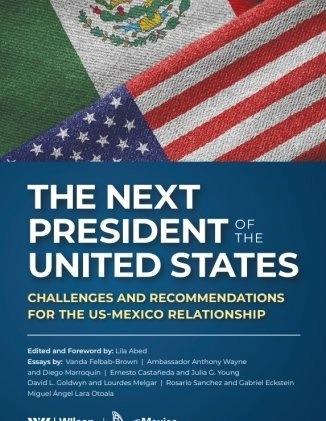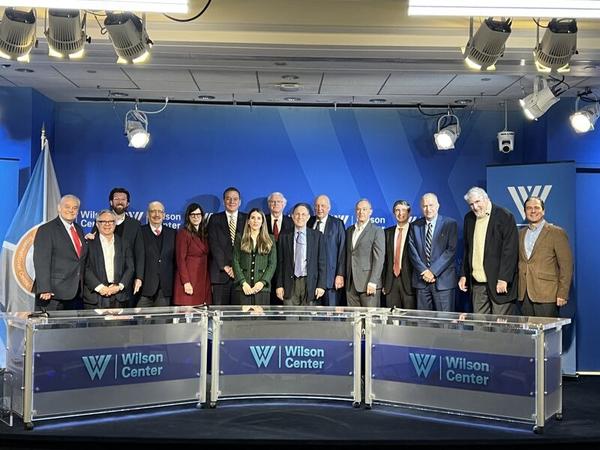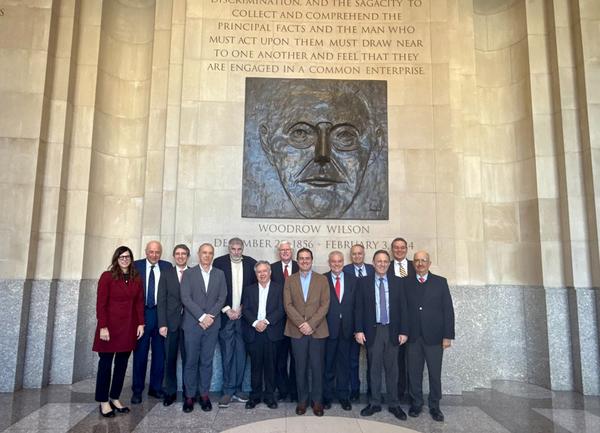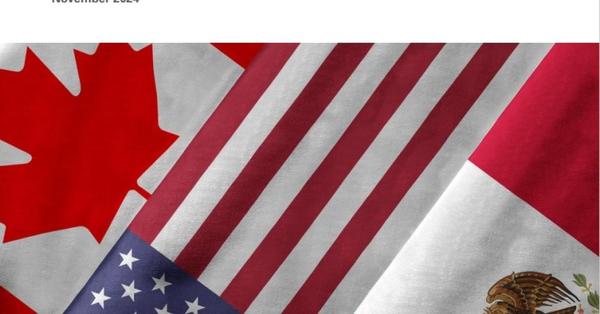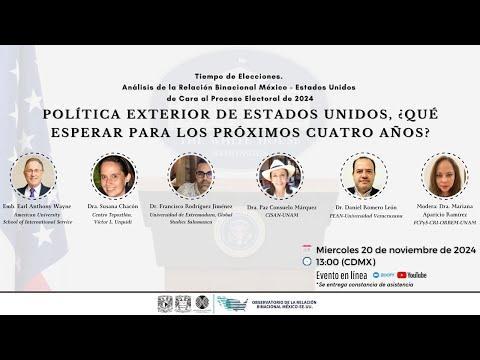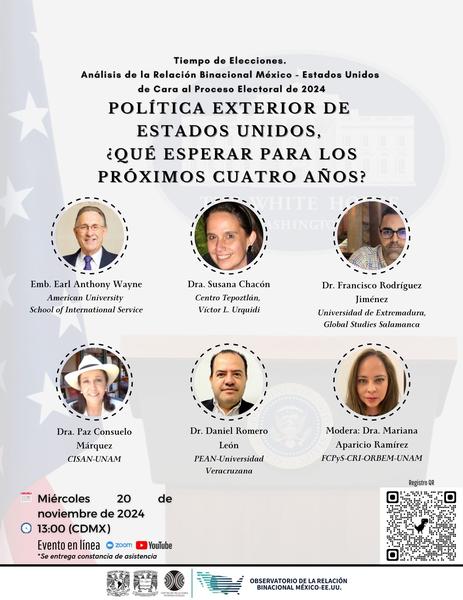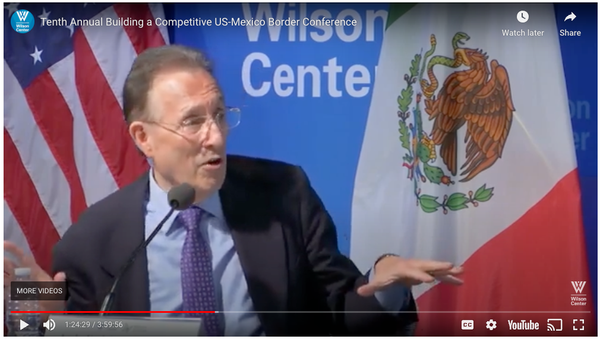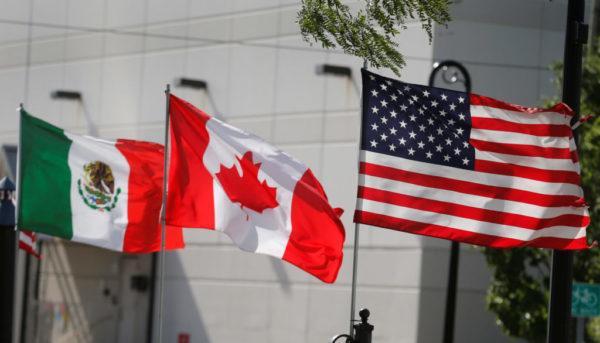Inside Trade: World Trade Online
•
November 15 2024
Former ambassador to Mexico: Immigration could complicate USMCA review | InsideTrade.com
The incoming Trump administration is poised to prioritize its immigration concerns with Mexico over trade issues, which could complicate the 2026 review of the U.S.-Mexico-Canada Agreement, a former U.S. ambassador to Mexico said on Friday.
During a Nov. 15 discussion hosted by the Wilson Center, Earl Anthony Wayne, the U.S. envoy to Mexico from 2011-2015, said immigration could overshadow trade ahead of the first USMCA review. Wayne is a public policy fellow at the Wilson Center and co-chairs an advisory board at the center’s Mexico Institute.
“Two things are going to come up before we ever get to trade negotiations. One is how migration is handled and two is related to how the border is handled.” Wayne said. “And President Trump has made clear that he would like clarity from Mexico on how they're going to handle both of these issues if they're going to get negotiations through.”
“And so here we're already seeing the [non-]trade issues being implicit for either additional tariffs being put on and/or slowing down bilateral trade negotiations,” Wayne added.
Trump earlier this month threatened to impose tariffs of 25 percent or higher on all goods from Mexico if the country does not take more aggressive action to crack down on immigration and the flow of drugs across the U.S. border. If applied to Mexico, the new duty -- as well as a proposed 10 percent blanket tariff on all U.S. imports -- could run afoul of the U.S.’ commitments under USMCA.
Mexico, though, is likely to cooperate with the Trump administration on immigration issues, Wayne argued.
“So, you know, before we get to trade, we’ve got really important work on how people move and how trade takes place across the border between the U.S. and Mexico,” Wayne said. “And then if we get that sorted out then we get to a number of trade issues.”
These issues would include past and ongoing trade irritants, such as disputes on automotive rules-of-origin and biotechnology as well as the U.S.’ concerns with Mexico’s energy policies, Wayne added.
A USMCA dispute settlement panel in late 2022 ruled against the U.S.’ position on automotive rules of origin. A separate panel is expected to issue a final ruling later this month on Mexican restrictions on genetically engineered corn. The U.S. in 2022 also requested USMCA consultations over several Mexican energy policies, though it has not yet escalated those concerns to the panel stage.
During the discussion on Friday, Karen Antebi, the international practice chair at Prime Policy Group, argued a second Trump administration would further blur the lines between trade policy and other issues, making the USMCA review “more painful” for Mexico. Antebi worked as an economic counselor at the Mexican embassy’s Trade and NAFTA Office during the North American Free Trade Agreement’s renegotiation.
“It is no secret the kind of personality that President-elect Trump has and what his view with regards to trade and with regards to Mexico and Mexico's role are,” she said. “The U.S.-Mexico relationship is already subject to significant tensions, and pardon the cliche, but there's no Chinese wall anymore separating the trade agenda from the rest of the bilateral [agenda,] so that's going to make the review a ... a little bit more painful for Mexico.”
Wayne also contended that discussions about China would be prominent during the USMCA review.
“China is another big issue that I think we are going to deal with,” he said. “Here we have the United States and Canada moving to[ward] an aligned position and we will see how much Mexico is going to line up on China,” he added, noting Mexico will likely seek alignment as well.
The U.S. will make a “strong push” for Mexico to define its relationship with Beijing and decide whether it’s going to be “part of North America and this agreement” or continue to support Chinese investments, Antebi said. Pressure on Mexico to limit its ties with China is likely be one of the few aspects of the USMCA review that could enjoy bipartisan support, she added.
USTR in July said Chinese investment into Mexico’s auto industry would be a major topic of discussion during the review. -- Jason Asenso (jasenso@iwpnews.com) U.S. Trade is a subscription-fee-based daily digital news service from Inside Washington Publishers.
Economical site license packages are available to fit any size organization, from a few people at one location to company-wide access. For more information on how you can get greater access for your office, contact Customer Service at 703-416-8505 or through email at trade@iwpnews.com.
Inside U.S. Trade is a subscription-fee-based daily digital news service from Inside Washington Publishe...



